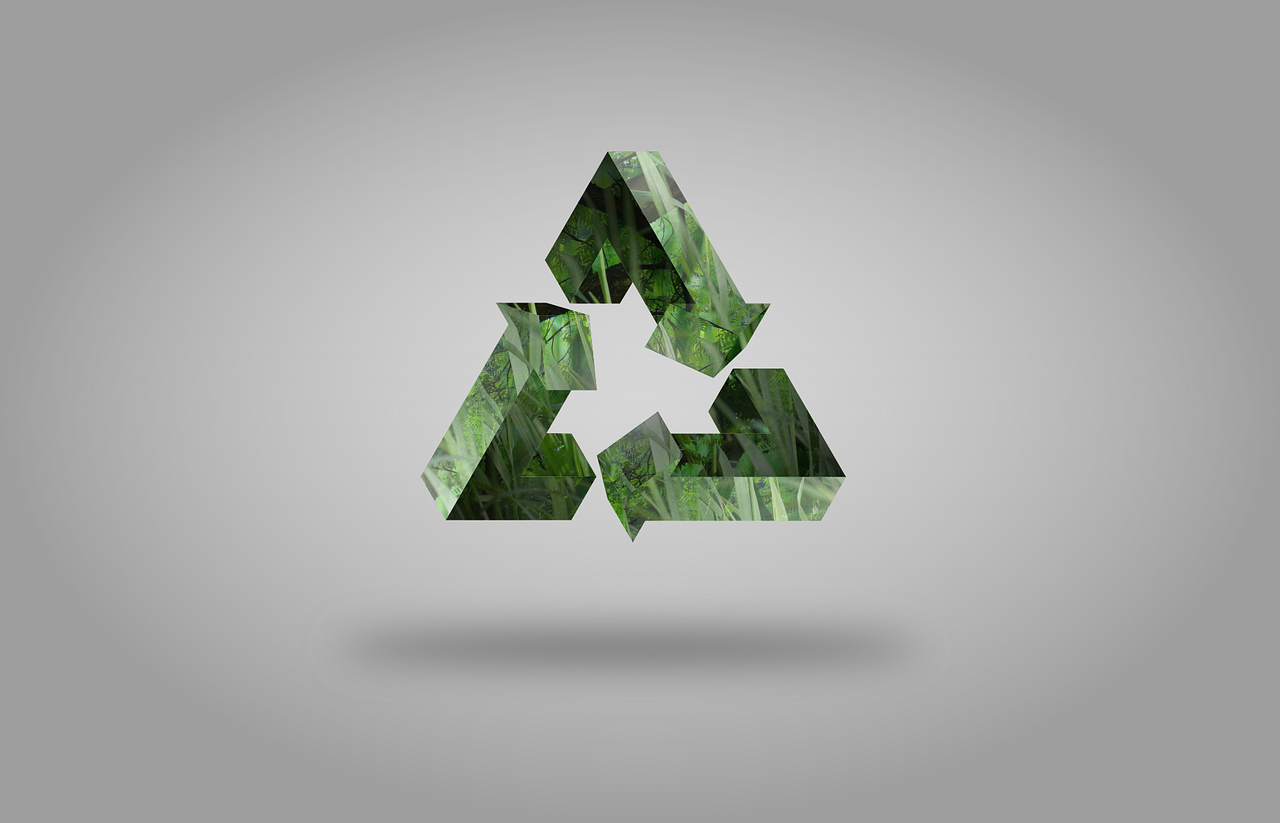-

-

+91 78295 54411
- Enquire Now


 +91 78295 54411
+91 78295 54411

Wondering how to go about it? Here are a few pointers to get you started:
Most of us have got used to our disposable lifestyle. From water bottles to products ordered online, we buy, use and throw, not realising the amount that ends up in landfills. So start small by thinking (and listing) all the things that can avoid going to the thrash. Carry a bottle of water. Ditch the disposable zip lock bag and use a reusable container to carry your lunch to office. Buy food from markets in a reusable cloth bag.
Make plastic your enemy. Go through your home, room by room and start replacing plastic with reusable/recyclable stuff. Throw away your plastic toothbrush and get a bamboo toothbrush instead. Replace your plastic cutting board with a wooden one. Use glass jars to store groceries. Switch to cotton towels from paper kitchen rolls. Even small things like trading your plastic straws for reusable steel ones can make a huge difference.
Many household products (and the containers they come in!) contribute to polluting the environment. Floor cleaners, dishwashing liquid, whiteners, bleaches, etc., all come with harmful chemicals that linger in the ecosystem. Most cleaning products can be replaced with simple solutions like baking soda, lemon juice, hydrogen peroxide, white vinegar, and other natural products, which work equally well.
Redirect the water from your RO home filtration system, and use it to wash clothes, swab floors, water plants or any of the many other things that require water. Install solar panels for hot water heating and invest in a solar cooker. You get the double benefit of lowering electricity and LPG bills, as well as doing your part for the environment!
If possible, shop for fruits, vegetables, and groceries at your nearby store or a local market. In this way, you can avoid the cling wrap, Styrofoam trays, twist ties and other plastic packaging that would eventually end up in a landfill. Also, make a list and stick to it. This prevents unnecessary waste of unused groceries and food items.
Your efforts in ‘zero waste’ living would be a ‘waste’ if you didn’t have access to the community infrastructure that supported such a concept. For example, if your apartment complex provided the facility of an organic waste converter/compost pit like the one available in Assetz 63° East, it would be easier to stick to your ‘zero waste’ goals.
Several people around the world are successfully living ‘zero waste’ lifestyles. And what’s more, they are blogging about it. Read and be inspired by Bangalore based Durgesh Nandhini[2] who chronicles her journey as a ‘zero waste family’ in her blog or browse another Bangalorean Sahar Mansoor’s ‘Bare Necessities’[3] website, which sells ‘zero waste’ products.
Still confused if you will be able to go all the way on your ‘zero waste’ journey. Don’t give up. Every small step you take is a step closer to a cleaner, greener and less polluted earth.
Resources:
[1]https://www.postconsumers.com/education/how-long-does-it-take-a-plastic-bottle-to-biodegrade/
[2] https://durgeshnandhini.com/
[3] https://barenecessities.in